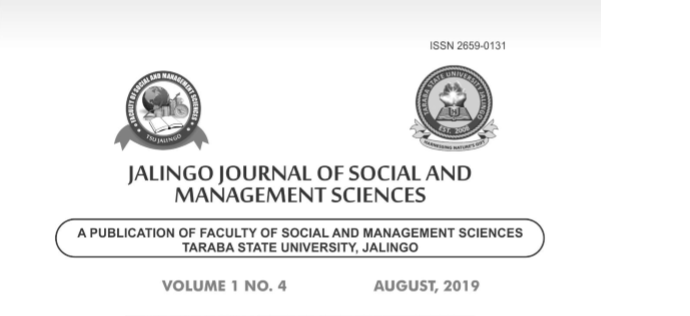Informal Sector Activities in the Nigerian Economy: A Survey Analysis
Keywords:
Informal Employment, Informal Sector Activities, Nigeria EconomyAbstract
The informal sector may support economic growth by decreasing input cost as a result cheap labour, and enhancing competitiveness, and in the same vein, economic growth may be enhanced by an increase in informal employment. However, a well-functioning and regulated informal sector may be a critical prerequisite to achieve sustainable growth. The sector has been noted as contributing about 65% to the 2017 GDP of Nigeria (International Monetary Fund, 2017), and providing over 50% jobs in Nigeria (UNDP, 2014). This may inform the interest on the economic relevance of informal sector activities in Nigeria, as sustainable economic growth and job creation can be achieved if the potential and needs of the informal sector are adequately considered. Hence, this study seeks to bring to the fore the relevance of the informal sector operations in the Nigerian economy, with emphasis being placed on its potential role of contributing to economic growth thus, alleviating unemployment and poverty, using the statistical survey of National Bureau of Statistics (NBS). The major findings from the survey analysis reveal that informal sector is one sector that massively provides employment and generate a source of livelihood for unemployed persons. This study will recommend the provision of adequate electricity supply (in particular) needed for their operations, in addition to improving the quality of critical infrastructures such as road, communication, and rail among others. These facilities will enhance the growth of the sector; and therefore stimulate Nigeria economy.

Downloads
Published
Issue
Section
License
Copyright (c) 2023 JALINGO JOURNAL OF SOCIAL AND MANAGEMENT SCIENCES

This work is licensed under a Creative Commons Attribution-NonCommercial 4.0 International License.
